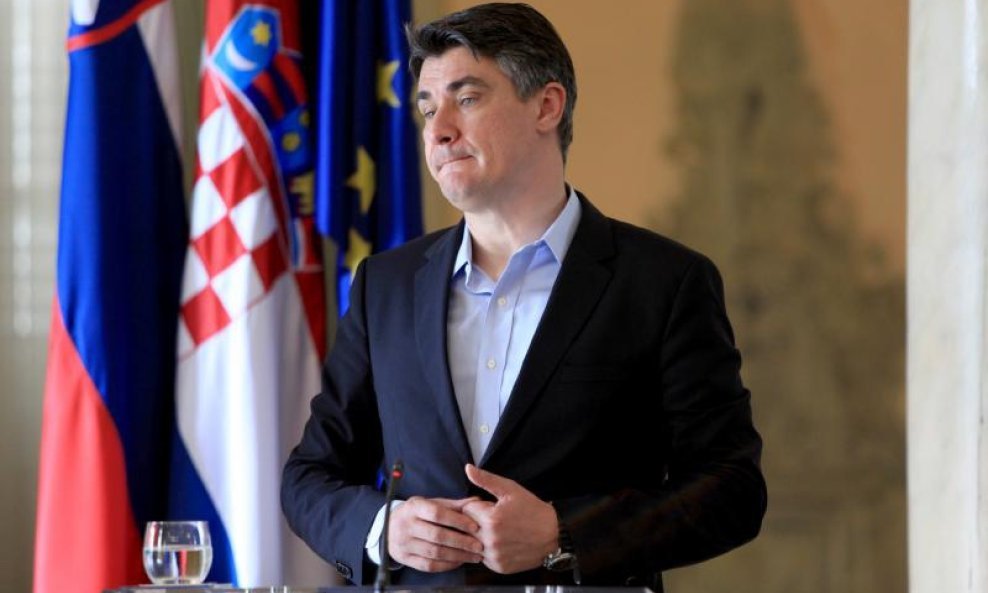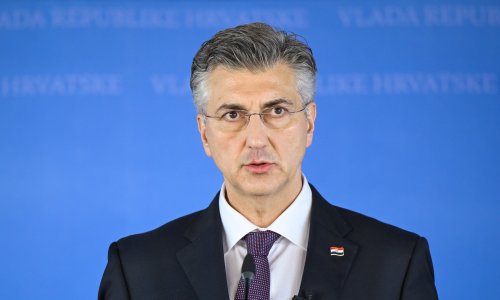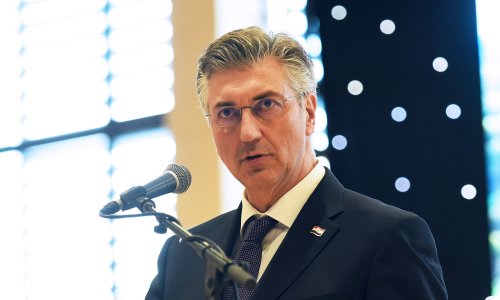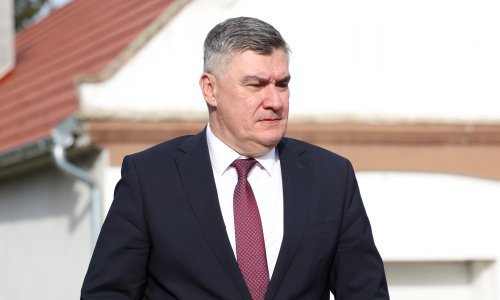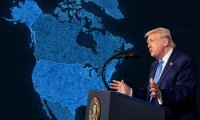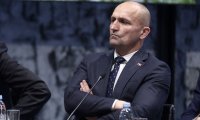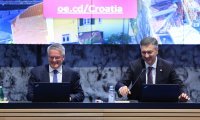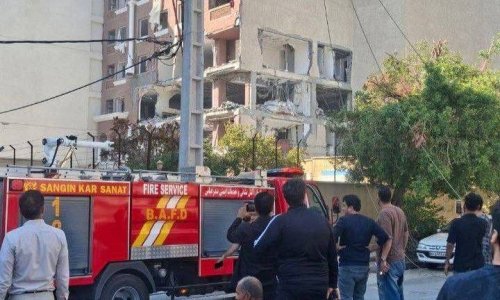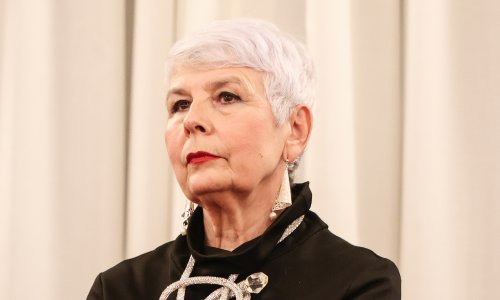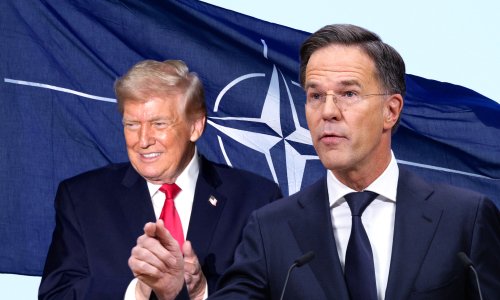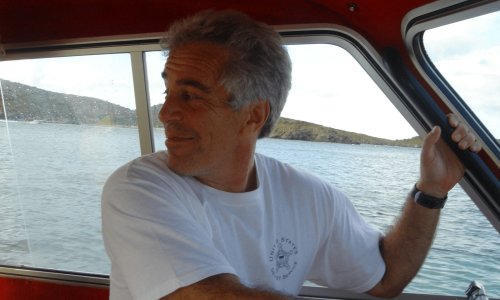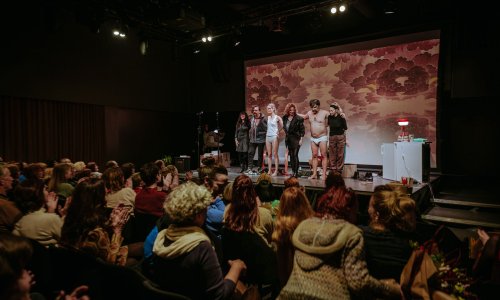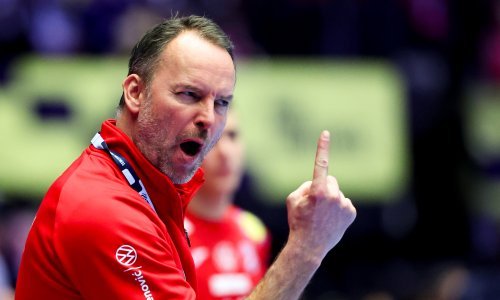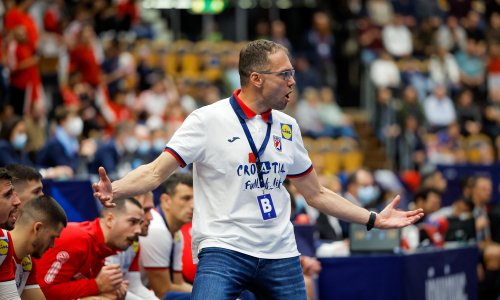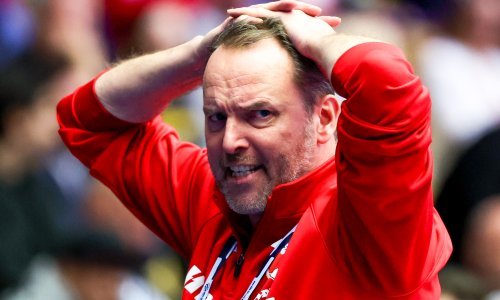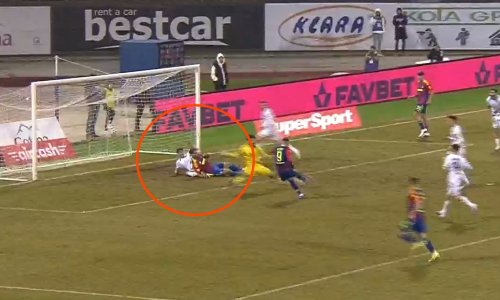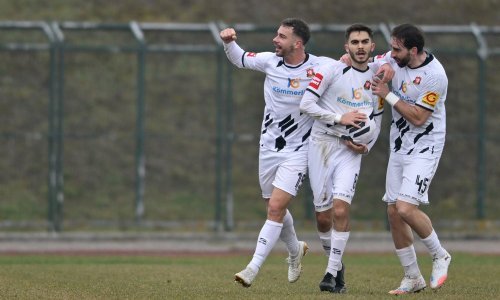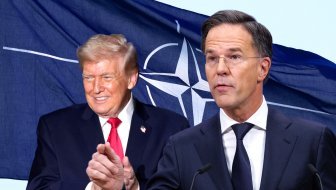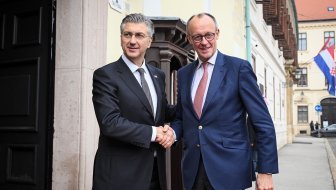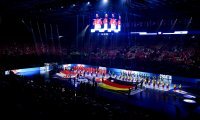Croatian Prime Minister Zoran Milanovic told Al Jazeera Balkans TV on Friday that by joining the European Union, Croatia would share part of its sovereignty with the other member countries and transfer it to the joint institutions, but that he did not advocate the United States of Europe which would be similar to the United States of America.
"EU entry represents a sort of shared sovereignty. I don't advocate the united states of Europe as the next step and I think that this level, this balance, with some corrections, is quite enough," Milanovic said three days ahead of Croatia's EU accession.
He could not say exactly when Croatia would introduce the euro, but did say that from the first day of membership on July 1 it would do everything to meet the requirements. That also refers to the Schengen regime for which Croatia will apply in two years, he said, hopeful that it will be possible to achieve that in a shorter time than some other member countries.
Milanovic said Croatia was changing, adapting and correcting itself in times of economic crisis so as to be able to "go full steam ahead even when the weakest wind blows." The only answer to the crisis is competitiveness, the only answer to the question of how to protect Croatian companies and jobs, he said. "Sometimes we will succeed, sometimes we won't, but if we think like this, we will generally succeed."
Milanovic said his government would continue to meet its election platform, including stronger rights for the LGBT community, but on the German and not the Danish or Dutch models. "We didn't announce the standards which Denmark or the Netherlands have, but more like what Germany has - equalising same-sex unions with marriage, in which the adoption of children wasn't on the agenda."
He said those seeking a referendum for a constitutional definition of marriage as a heterosexual union were mobilising the conservative electorate, "which isn't nice, to so preventively and pretentiously go against the rights which someone doesn't have and which don't threaten anyone... We announced a very restrained policy on this and will remain faithful to our positions and beliefs."
Speaking of the Hague war crimes tribunal's role on Croatia's EU path, Milanovic described it as "important and traumatic," but said this chapter was behind Croatia and that he did not want "others to deal with our past sins... If it will be necessary to investigate and punish something, I'm for us doing it."
He reiterated that dozens of thousands of Krajina Serbs left Croatia before the 1995 Operation Storm and that there were no political hurdles to their return. "Many have returned, like nowhere in the region, which means they trust this state."
Milanovic went on to say that Croatia's relations with Serbia depended on the constructiveness of both sides and that one could work with the incumbent Serbian government, although he expected more. He said it was particularly important for Serbia to face the Kosovo issue.
"We recognised Kosovo. Serbia is a far more important economic partner to us than Kosovo. We won't take sides and will cooperate with both," he said.
Asked about the construction of the Peljesac bridge, Milanovic said he could not talk about deadlines for now but that the bridge was the most logical solution to connecting the European Union territory that was cut off by Neum in Bosnia.
"We have yet to use our ability to draw money (from the European funds). The EU didn't build our motorways, we paid them dearly. EUR 250 million is nothing on the European scale, but this is a unique example of a part of the EU being cut off from the rest," said the Croatian PM.



